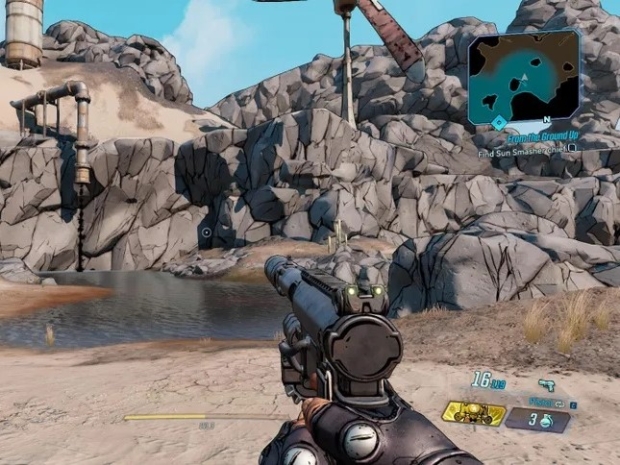Auto SR is initially supported solely on Copilot PCs equipped with the Qualcomm Snapdragon X and its NPU so most of the world will not see it, but it is seen as a Volish blessing for Qualcomm Snapdragon X and Windows 11 on Arm,
Microsoft Auto SR, or "Automatic Super Resolution", is an AI-driven image upscaling solution designed to be used like DLSS, FSR, and other upscaling technologies. It should not be mistaken for the more recently introduced DirectSR, which serves as an API to integrate any upscaling solution from any provider seamlessly.
According to the official Microsoft support page for activating this feature, there are some notable limitations. Nonetheless, this is a welcome addition since Qualcomm's Snapdragon X might otherwise have limited upscaling options, especially in games lacking inherent upscaling features.
It only supports Qualcomm Snapdragon X and Windows 11 on Arm (24H2 or later). The PC must also be compatible with Copilot+.
For games where it is functional but not automatically activated, the user must manually configure each game, which sounds like a pain.
It is limited to native ARM titles and certain DirectX11 and DirectX12 games. DX11 and DX12 games are in 10-bit formats, and OpenGL, Vulkan, and older DirectX versions, like 9 or 8, are not supported.
Auto SR does not play nice with HDR, representing a significant compromise in colour vibrancy and accuracy for devices with OLED and high-end IPS screens.
Activating or deactivating a passive Auto SR indicator necessitates registry key modifications. There's no apparent reason why this shouldn't be a simple toggle in Windows.
Auto SR does not support display resolutions below 1080p. Given the number of mobile devices with resolutions under 1080p, this is silly of Vole.
Games currently confirmed to support AutoSR automatically include AAA titles such as Borderlands 3, God of War (2018), The Witcher 3: Wild Hunt, Sekiro: Shadows Die Twice, and Dark Souls III.

